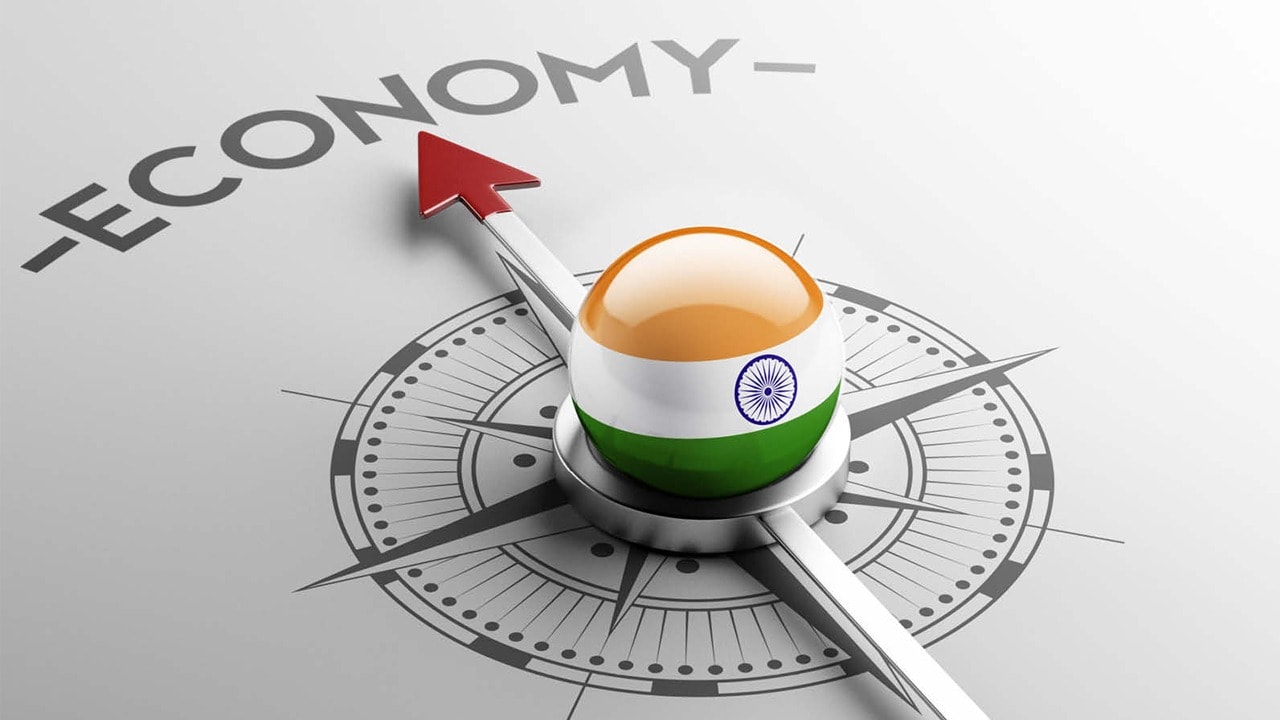
Verbatim Transcript:
Q: Regarding the conversations you have had so far [at the World Economic Forum], what is the mood as far as the global economy is concerned, and what is the mood on India?
Memani: I have never seen so much positivity, especially from the US companies, and US CEOs. They are very bullish. There will be a lot of thrust to make investments in the US, and a lot of simplification and laws, lots of opportunities. So, the focus is just on growth right now. So, the questions that everyone is asking are, how do we grow faster, or in some cases, how do we start growing back again? So, that is the one big change.
Q: The mood on the global economy and India?
Banerjee: India, I think upbeat. And there is an understanding that India is a story which is of the states of India. The next story of India is the state of India. And that pitch, as you are seeing in Davos, is becoming stronger.
The other part is, of course, it continues to be a place where, in fact, inside conversations, when we were discussing President Trump, there were a lot of individual companies I saw around the globe talking very positively. And it was surprising to see individual companies, even from Europe, being upbeat about the US economy picking up, and there the conversations were about the US economy picking up, and the emerging economies, economies like India, and Indonesia attracting and continuing to attract capital.
Also Read: Davos 2025 | Salil Parekh highlights Infosys’s strategy in a rapidly evolving tech world
Not only just the demand in India, but also companies, both Indian and foreign, operating in India and operating out of India, and which is being able to connect with the world. I think many such stories are coming out, and things like digitisation, that those platforms, which have benefited many people in India, inclusivity, which India has benefited from, and which has triggered the Indian economy. These dialogues are pretty much strong in this year’s Davos.
Q: One of the other aspects that is part of the conversations in Davos, and that has to do with trust. And people want to do business with trusted partners, whether it is manufacturing or defence. From your point of view, and you have a forte in both manufacturing as well as the defence sectors, what are you picking up on? What is the kind of progress that you see, what’s the kind of momentum build-up on both these?
Kalyani: Let’s talk about manufacturing first, and I want to elaborate on what Memani said. The US’s focus after Trump’s presidency is going to be on building back better and building back stronger. He wants to fix the infrastructure and build a tomorrow-ready infrastructure.
So, if you look at the figures for energy, they want to almost double the energy production, including coal, gas, including nuclear, and to do that and renew all their bridges, airports, put in rail systems, all that will spur construction equipment companies, energy companies, companies like Cummins, Caterpillar and many others. And these are companies which have global supply networks. They will have a huge cascading effect on companies in India, companies like ours, which are big suppliers to them. And this is going to be a big, like a virtuous cycle that is going to take place that is one.
Also Read: Davos 2025 | RBI liquidity line to NBFCs will boost confidence, says Sanjiv Bajaj
Second, India and the US have now, with an agreement, moved closer to working strategically in defence. So, as the US is going to realign its position with the North Atlantic Treaty Organisation (NATO), whatever that may be, I see a huge opportunity for India and Indian companies to also be a player in the supply chain to these geographies in NATO.
Obviously, being an Indian company, we must be cognizant that it cannot be to the detriment of some of our long-standing partners, but the capability exists and we can be a player globally. So, these are both opportunities. Going beyond just Europe, Africa is an opportunity, South America is an opportunity, and Southeast Asia is an opportunity.
Q: What would you like to add in terms of the opportunities as well as the potential for nurturing and furthering future partnerships?
Ruia: I just look at it slightly differently. We have covered the points about America, the growth in America because of Trump, and the impact Trump is going to have on the rest of the rest of world, including Europe, which is quite worried and China and all of that.
But if you think about the capital cycle happening right now, this is about the first time in history that whether it’s the US, whether it is Europe, whether it is Asia, whether it is China, they are all investing at the same time.
In the past, it was the 70s and 80s when most of the infrastructure and most of the capability investment happened for building out the country. It was 60s-70s-80s when Europe and the US were building, and then in the last 20 years, it has been more the developing nations, but this is the first time that they want to replace and build newer infrastructure because of new technologies, what have you. It is a global capital investment cycle, and it is a question how we, as in India, can take advantage of it.
For the entire discussion, watch the accompanying video.


